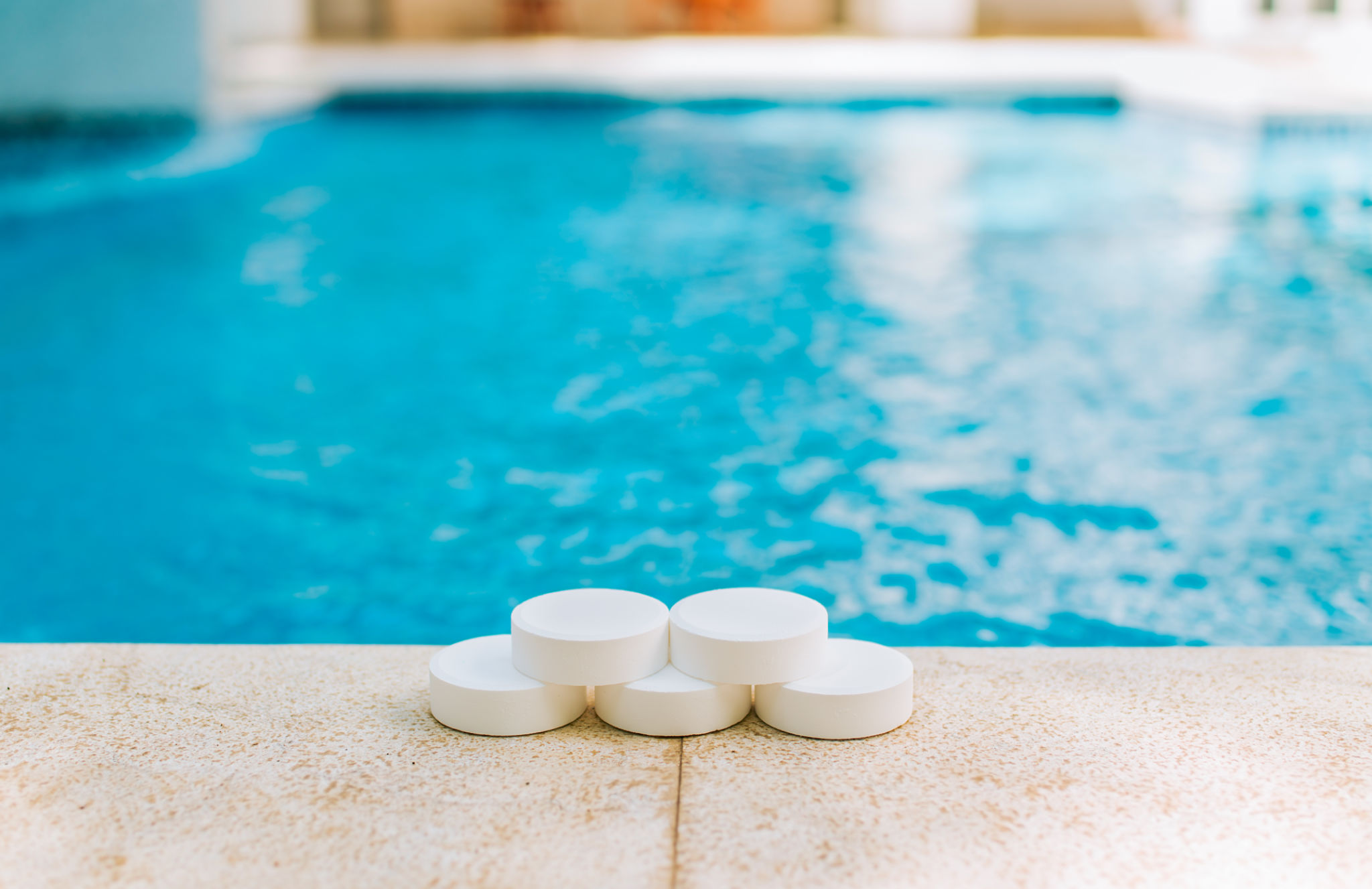Comparing Chlorine vs. Saltwater Pools: Which is Best for Your Home?
Understanding Chlorine Pools
Chlorine pools have been a staple in backyard settings for decades. They use chlorine to disinfect the water, effectively killing bacteria and algae. Chlorine is typically added in liquid, granular, or tablet form, and it works by oxidizing contaminants, making the water safe for swimmers. Regular maintenance is required to keep chlorine levels balanced, ensuring the pool remains clean and inviting.
One of the primary benefits of a chlorine pool is its ability to keep water crystal clear and free from harmful microorganisms. However, some users may experience skin irritation or a strong chemical odor. These issues can often be mitigated by maintaining proper chemical levels and ensuring adequate ventilation.

Exploring Saltwater Pools
Saltwater pools have gained popularity in recent years as an alternative to traditional chlorine pools. These systems use a salt chlorine generator to convert salt into chlorine, providing a more natural swimming experience. The process involves electrolysis, which produces chlorine gas from dissolved salt, sanitizing the pool without the need for adding chemical chlorine.
Saltwater pools are often praised for their softer feel on the skin and eyes, as well as their ability to maintain a consistent chlorine level with less maintenance. While these pools still use chlorine, it is often at a lower concentration than traditional pools, reducing the likelihood of irritation.

Installation and Maintenance Costs
When considering the costs of installation and maintenance, it's important to evaluate your budget and long-term expectations. Chlorine pools typically have lower initial installation costs compared to saltwater systems. However, the ongoing cost of purchasing and adding chlorine can add up over time.
Conversely, saltwater pools tend to have higher upfront costs due to the need for a salt chlorine generator. Despite this, they often require less ongoing maintenance and fewer chemical purchases, potentially offsetting the initial expense over time.

Environmental and Health Considerations
Environmental impact and health are critical considerations when choosing between chlorine and saltwater pools. Chlorine pools require regular chemical additions, which can contribute to environmental pollution if not managed properly. Additionally, the presence of chloramines, a byproduct of chlorine reacting with organic matter, can lead to unpleasant odors and skin irritation.
Saltwater pools, on the other hand, offer a more environmentally friendly option by using fewer chemicals. The reduced chlorine levels can also lead to a more comfortable swimming experience for those with sensitive skin or allergies.
Making the Right Choice for Your Home
Deciding between a chlorine and saltwater pool ultimately depends on your personal preferences, budget, and maintenance willingness. If you value traditional methods and lower initial costs, a chlorine pool might be suitable. On the other hand, if you're willing to invest in upfront costs for potentially lower long-term maintenance and a gentler swimming experience, a saltwater pool could be the way to go.
It's essential to weigh these factors carefully and consider consulting with pool installation professionals to determine which option best fits your needs. Whichever choice you make, both types of pools offer an excellent way to enjoy your backyard oasis.